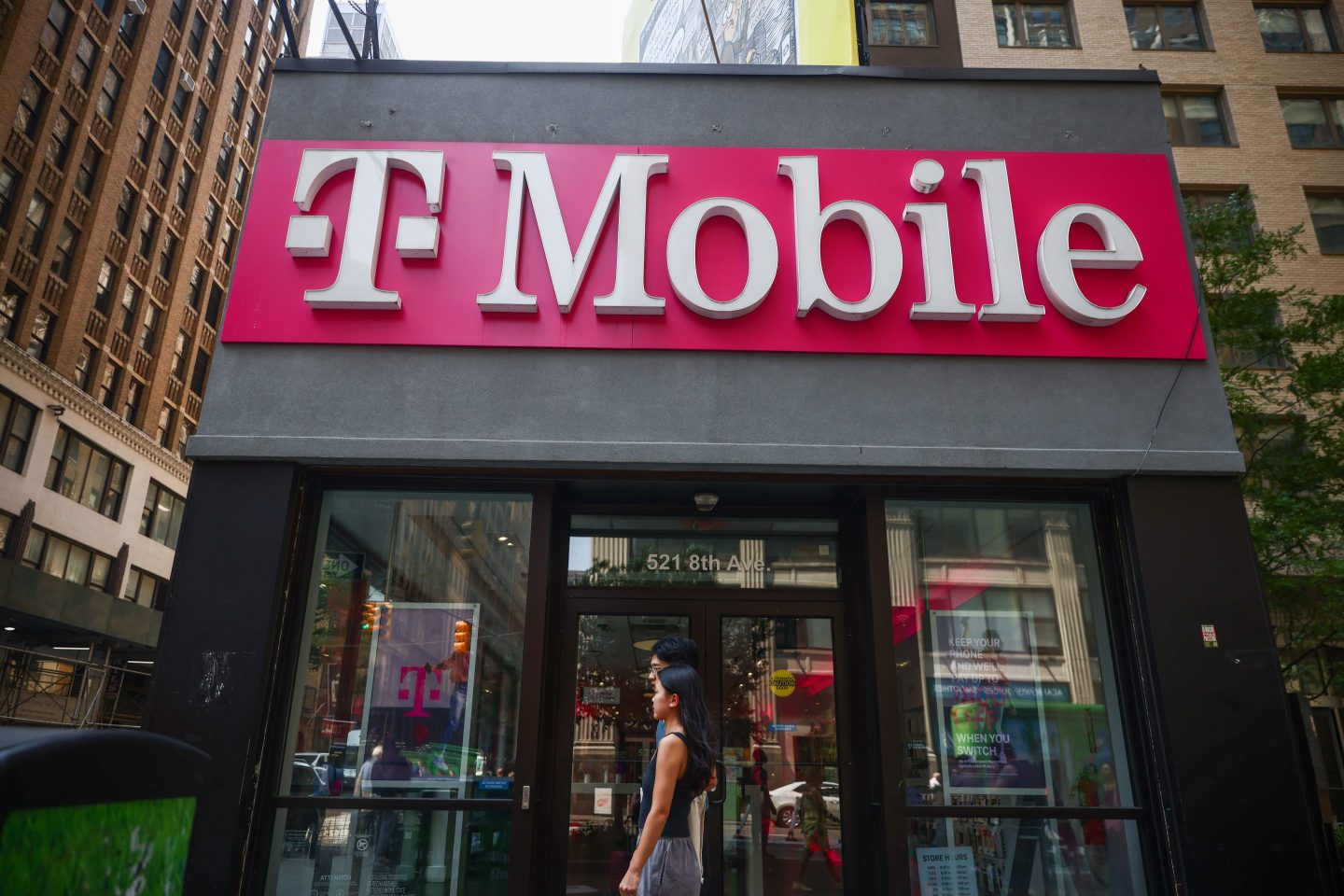Good morning!
Mentorship programs are a great way to help people establish relationships and build professional skills. And one global wireless giant found these programs can also be massive retention boosters.
When T-Mobile merged with Sprint in April of 2022, HR leaders wanted employees on both sides to learn from each other. T-Mobile decided to use Chronus software, which it originally purchased to manage mentoring for ERGs, and began using it to help all employees find potential mentors.
“When we joined together, we had over 70,000 dispersed across the United States in different places, so I saw this technology as a great opportunity to help bring people together virtually, and to build those connections,” Cathy Nelson, senior manager of talent management at T-Mobile, tells Fortune.
Employees can build a profile on Chronus, which then matches them with mentors throughout the company, even if they’re based on other teams or in other departments. The mentorship program is set up so that employees early in their career can learn from people with more experience, or in other roles across the organization. For example, retail employees can get to know how the corporate side of the business functions, and potentially make a transition to that part of the business.
What T-Mobile didn’t expect was the impact this kind of mentorship program would have on retention. Roughly 7,000 employees currently have profiles on the platform and about 2,000 of them have used it to make mentoring connections. Those who participated in the program had a 78% retention rate, compared to a 41% rate for those who haven’t. The company also found that those who participated were 26% more likely to change job levels in the previous 12 months.
“One of the challenges that we’ve had in the past is that we are a dispersed workforce, and so people in our call centers or working in a retail space only really know the people in that location,” says Nelson. “And so this has really opened up the organization’s awareness, and we have a number of employees who have learned about and then moved into new roles due to this program.”
Brit Morse
brit.morse@fortune.com
Around the Table
A round-up of the most important HR headlines.
The CEO of UnitedHealth Group is trying to calm employees while the company faces public outrage. Wall Street Journal
This year was huge for DEI and the upheaval isn't over. Wall Street Journal
How a chip factory in Arizona transformed a community. New York Times
Watercooler
Everything you need to know from Fortune.
Tough year ahead. Google CEO Sundar Pichai told his employees to “stay scrappy” as this will be a pivotal year for the company. —Jason Ma
Play hard. Here’s how European CEOs spend their leisure time. —Prarthana Prakash
End game. A high percentage of workers retire unexpectedly, and before they want to. —Alicia Adamczyk













